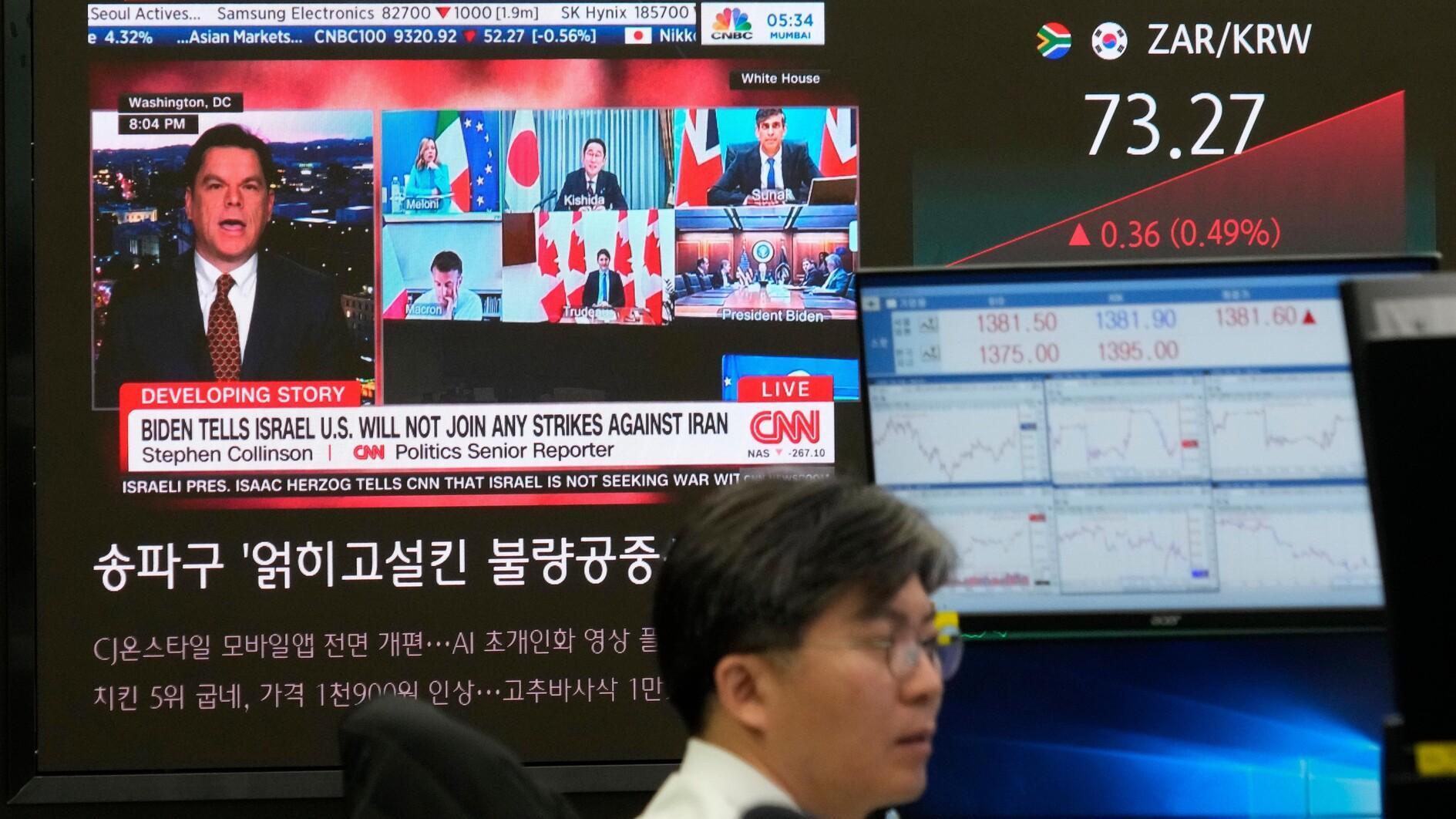The Muslim laptop ban
You must already know the story. The United States has barred passengers from bringing their laptops and iPads on board flights from eight Muslim-majority countries. Britain didn’t wait too long to join the ban. As a result, the so-called “Muslim laptop ban” has become the hottest topic in Turkey.
There seems to be three aspects to this restriction. The first is apparently counter-terrorism. According to CNN, U.S. Special Forces collected vital intelligence during a raid in Yemen last January, exposing the growing capability of al-Qaeda and the Islamic State of Iraq and the Levant (ISIL) to target aviation. Hence from now on, terrorists seem to be bent on terrorizing not only the earth, but also the sky. What they basically do to this end is to take out the battery in the laptop and replace it with explosives.
The latest example of such a bomb attack happened in February 2016 when an explosive device hidden inside a laptop exploded on a plane flying from Mogadishu to Djibouti. Al-Shabaab, al-Qaeda’s branch in Somalia, claimed responsibility.
What makes this problem worse is that the X-ray and similar scanners at airports are not advanced enough to detect some sophisticated explosives. For example, a Russian passenger plane flying from Egypt to Russia in October 2015 exploded due to a bomb in a laptop (the first attack of this kind); it was later discovered that the explosive was not identified by the X-ray.
Laptops are prone to another security risk as well. When they get connected to Wi-Fi within the airplane, they have the potential to hack the control system of the aircraft and seize control of it using what is called the “air gap.”
Facing this new restriction, many people question whether cell phones don’t cause the same threats. No, they do not. First of all, they don’t have the sufficient capacity to explode advanced explosives. Thus, they cannot cause a strong enough explosion. Second, the software programs which are capable of hacking an airplane’s control system are too loaded for the phones.
In the end, the measures taken by the United States and the United Kingdom are not adequate. According to Oğuz Kaan Pehlivan, a cybersecurity expert, laptops loaded in the cargo of the plane are equally dangerous. For example, the Russian plane which crashed in Egypt exploded due to a laptop in the cargo of the plane. Another security gap is that this restriction is being applied to a handful countries. However, a terrorist could easily take a transit flight to the U.S. or Britain. In addition, we know that Europe and America also host a whole bunch of terrorists.
Therefore, Pehlivan argues that this measure does not eliminate the threat at all and only aims to discourage and deter terrorists.
The second aspect of this measure is the safety of digital data. Once we put our laptops in our checked luggage, from that moment on, the data saved in them is totally at the mercy of God! The airline could easily take out your laptop and copy all your digital data which is actually a serious violation of personal rights.
But this is not a new problem at all. As we all know, you are asked to turn on your laptop one you go through the X-ray machine at the airport. The intention behind this is to see if the battery is in or out due to the possibility that an explosive might have installed instead.
The problem starts from that point on. The security guard could copy your digital data based on “reasonable doubt.” Moreover he/she could confiscate your item. Some 4,764 electronic devices were seized by U.S. authorities in 2015, but this number rose fivefold in 2016. What is worse is that if you object, they could even deport or arrest you.
These applications have already resulted in numerous indictments against the U.S. Now this laptop ban is expected to multiply such cases.
The third aspect of this measure seems to be economic. Turkish Airlines (THY) has apparently drawn away its Western counterparts in recent years. Pushing passengers toward American and British airlines instead might be another intention behind the move.
In short, laptops apparently generate a serious security threat. However, the total elimination of this threat requires a ban on laptops from the cargo as well and to apply the restriction universally. Since this is not applicable both economically and in terms of freedoms, this measure seems to be only a smokescreen.











